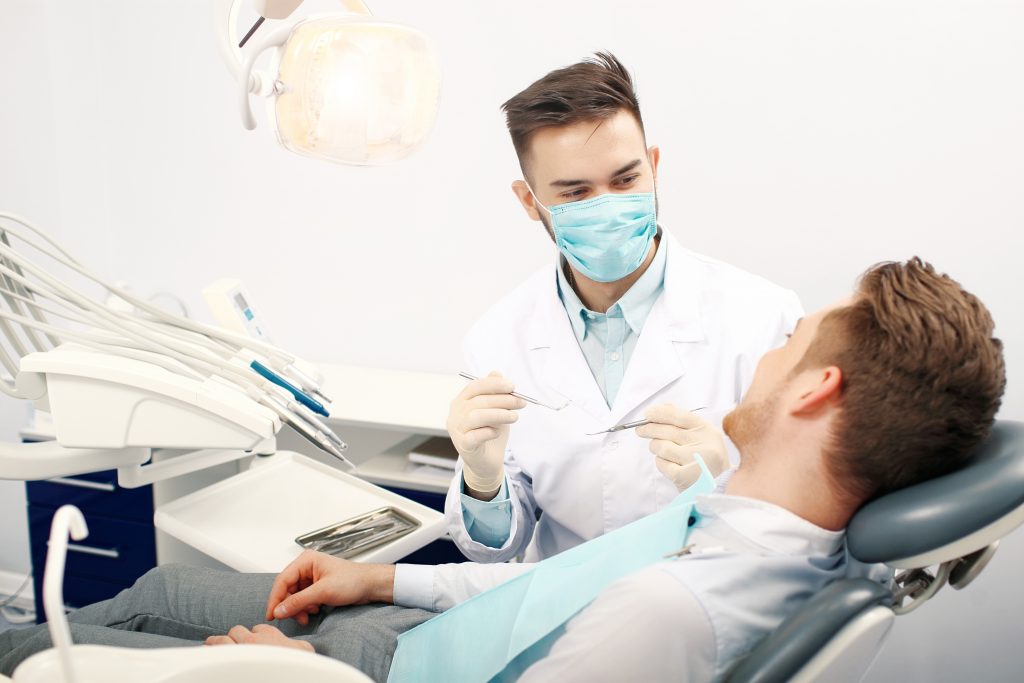
The first lockdown had a crippling effect on dentists, with two thirds of the practices I work with experiencing financial difficulty, and many even considering shutting down altogether.
There was almost no clear guidance while dentists were closed — for practitioners or for patients — and confusion abounded. And thanks to gaps in the financial assistance offered to the self-employed, many dentists who run their own practices were offered scarcely any government support at all.
And for what purpose? Dentistry was ahead of the curve when it came to hygiene standards and protocols. A dental practice is one of the cleanest, most sterile places you can be.
Standard pre-Covid precautions used by dentists across the world far exceed many of today’s “Covid-secure” requirements. In spite of this, government requirements for “fallow time” (a gap between patients) makes life difficult for dentists, who are keen to clear patient backlogs and make sure no one slips through the cracks. And that’s if patients make it to an appointment at all — something fewer are doing while the guidance remains unclear.
Throughout the pandemic, dentists have been all but ignored by the government. When the Treasury bailed out businesses, it seemed more concerned about restaurants than dental practices.
This betrays an entirely irrational devaluation of dentists in the UK, even while we sanctify other medical professionals. Dentists are medically trained and are technically doctors, although they are not always considered as such.
Dentists were drafted in, ready to provide Covid care if hospitals became overburdened. They were prepared to serve the nation, and many were disappointed that they weren’t allowed to carry out their duty of care in the first lockdown.